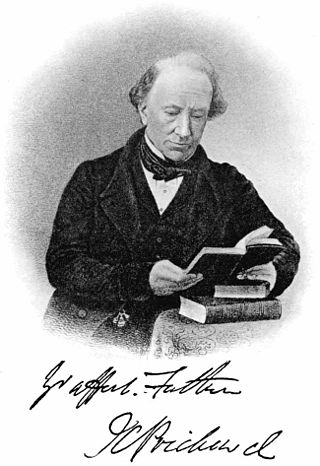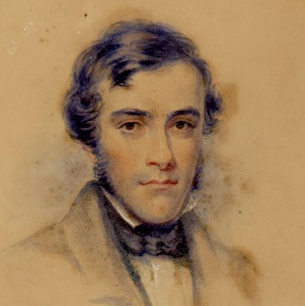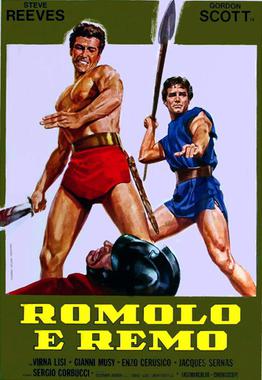
Anthropology is the scientific study of humanity, concerned with human behavior, human biology, cultures, societies, and linguistics, in both the present and past, including archaic humans. Social anthropology studies patterns of behavior, while cultural anthropology studies cultural meaning, including norms and values. The term sociocultural anthropology is commonly used today. Linguistic anthropology studies how language influences social life. Biological or physical anthropology studies the biological development of humans.
Ethnology is an academic field and discipline that compares and analyzes the characteristics of different peoples and the relationships between them.
The Ethnological Society of London (ESL) was a learned society founded in 1843 as an offshoot of the Aborigines' Protection Society (APS). The meaning of ethnology as a discipline was not then fixed: approaches and attitudes to it changed over its lifetime, with the rise of a more scientific approach to human diversity. Over three decades the ESL had a chequered existence, with periods of low activity and a major schism contributing to a patchy continuity of its meetings and publications. It provided a forum for discussion of what would now be classed as pioneering scientific anthropology from the changing perspectives of the period, though also with wider geographical, archaeological and linguistic interests.
The Anthropological Society of London (ASL) was a short-lived organisation of the 1860s whose founders aimed to furnish scientific evidence for white supremacy which they construed in terms of polygenism. It was founded in 1863 by Richard Francis Burton and James Hunt. Hunt had previously been the secretary of the Ethnological Society of London, which was founded in 1843. When he founded the breakaway ASL, Hunt claimed that society had "the object of promoting the study of Anthropology in a strictly scientific manner". Nevertheless he reminded his audience that, whatever evidence might be uncovered, "we still know that the Races of Europe now have much in their mental and moral nature which the races of Africa have not got." The ASL only lasted 8 years: following Hunt's death in 1869 it was absorbed into the Royal Anthropological Institute of Great Britain and Ireland.

James Cowles Prichard was a British physician and ethnologist with broad interests in physical anthropology and psychiatry. His influential Researches into the Physical History of Mankind touched upon the subject of evolution. From 1845, Prichard served as a Medical Commissioner in Lunacy. He also introduced the term "senile dementia".

Henry Christy was an English banker and collector, who left his substantial collections to the British Museum.
The American Ethnological Society (AES) is the oldest professional anthropological association in the United States.
Monogenism or sometimes monogenesis is the theory of human origins which posits a common descent for all human races. The negation of monogenism is polygenism. This issue was hotly debated in the Western world in the nineteenth century, as the assumptions of scientific racism came under scrutiny both from religious groups and in the light of developments in the life sciences and human science. It was integral to the early conceptions of ethnology.

Ethnochoreology is the study of dance through the application of a number of disciplines such as anthropology, musicology, ethnomusicology, and ethnography. The word itself is relatively recent and etymologically means "the study of ethnic dance", though this is not exclusive of research on more formalized dance forms, such as classical ballet, for example. Thus, ethnochoreology reflects the relatively recent attempt to apply academic thought to why people dance and what it means.

Charles Hedley was a naturalist, specifically a malacologist. Born in Britain, he spent most of his life in Australia. He was the winner of the 1925 Clarke Medal.

Elsie Worthington Clews Parsons was an American anthropologist, sociologist, folklorist, and feminist who studied Native American tribes—such as the Tewa and Hopi—in Arizona, New Mexico, and Mexico. She helped found The New School. She was associate editor for The Journal of American Folklore (1918–1941), president of the American Folklore Society (1919–1920), president of the American Ethnological Society (1923–1925), and was elected the first female president of the American Anthropological Association (1941) right before her death.

Jarwar is a sub-tribe from the Gazini branch of Marri Baloch.

The National Historical Museum is a historical museum in Athens. Founded in 1882, is the oldest of its kind in Greece. It is located in the Old Parliament House at Stadiou Street in Athens, which housed the Hellenic Parliament from 1875 until 1932. A branch of the National History Museum has been organized and operated there since 2001.
The following outline is provided as an overview of and topical guide to anthropology:

Reginald Ruggles Gates, was a Canadian-born geneticist who published widely in the fields of botany and eugenics.

Duel of the Titans is a 1961 Italian / French film directed by Sergio Corbucci and starring Steve Reeves, Gordon Scott, and Virna Lisi. The film is about twin brothers revolt against tyranny in pre-Roman Italy and then come to a parting of the ways as they lead their people toward the founding of a new city, known as Rome. This is based on the legend of Romulus and Remus.

Craddock Moor Stone Circle or Craddock Moor Circle is a stone circle located near Minions on Bodmin Moor in Cornwall, UK. It is situated around half a mile Northwest of The Hurlers.
James Hunt was an anthropologist and speech therapist in London, England, during the middle of the nineteenth century. His clients included Charles Kingsley, Leo Tennyson, and Lewis Carroll author of Alice's Adventures in Wonderland.
The Amangu are an indigenous Yamatji people of the mid-western region of Western Australia.










